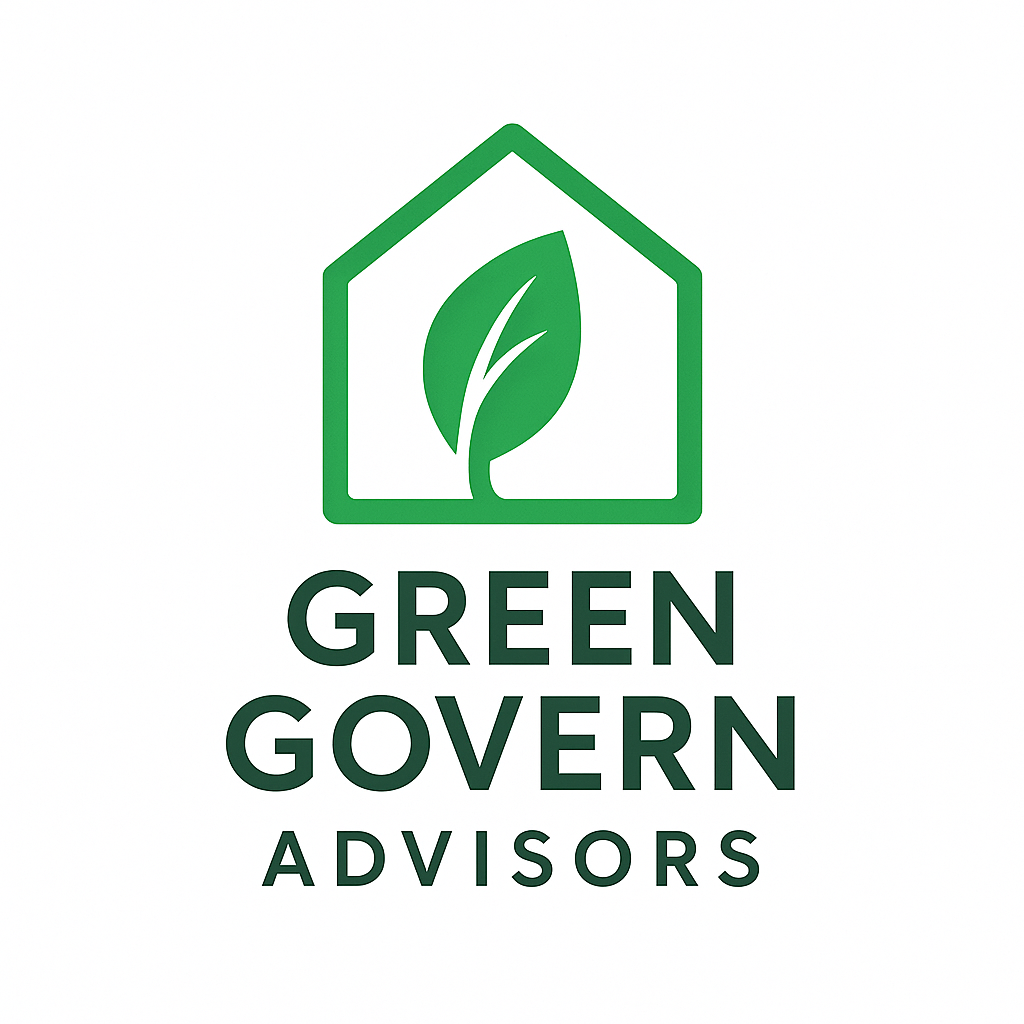#ESGinvesting, #sustainability, #net-zeroemissions, #circulareconomy, #ethicalAI
Introduction: Why ESG Matters More Than Ever
Environmental, Social, and Governance (ESG) factors are reshaping global business strategies, investment decisions, and consumer behavior. With increasing climate crises, social inequality debates, and corporate scandals, ESG investing has surged, reaching $41 trillion in assets under management (AUM) by 2024.
Companies that ignore sustainability, ethical governance, and social responsibility risk losing investors, customers, and regulatory compliance. This article explores the top 5 most attractive ESG topics worldwide, offering insights into trends, challenges, and opportunities for businesses and investors.
1. Climate Change & Net-Zero Commitments
Why It’s a Hot Topic
Climate change remains the #1 ESG priority, driven by extreme weather events, stricter regulations, and investor pressure. The Paris Agreement and COP28 commitments have pushed companies to adopt net-zero carbon emissions goals by 2050.
Key Trends
✅ Renewable Energy Boom: Solar and wind power investments hit $500 billion in 2024.
✅ Carbon Pricing Expansion: Over 40 countries now enforce carbon taxes.
✅ Green Hydrogen Growth: Emerging as a clean energy alternative for industries.
Challenges
⚠️ Greenwashing Risks: Companies face lawsuits over false sustainability claims.
⚠️ High Transition Costs: Heavy industries (steel, cement) struggle with decarbonization.
Opportunities for Businesses
🔹 ESG Reporting Software: Tools like Sustainalytics & MSCI ESG Ratings help track progress.
🔹 Carbon Offsetting: Companies invest in reforestation and carbon capture tech.
2. Sustainable Finance & Green Investments
Why Investors Care
ESG funds now account for over 30% of global AUM, as millennials and Gen Z demand ethical investing.
Key Trends
✅ ESG Bonds Surge: Green bonds issuance exceeded $1 trillion in 2023.
✅ EU Taxonomy Regulation: Strict rules on what qualifies as a “green” investment.
✅ Rise of ESG ETFs: Passive funds tracking ESG indices grow 20% YoY.
Challenges
⚠️ Greenwashing Scandals: SEC fines firms for misleading ESG claims.
⚠️ Lack of Standardization: Different ESG rating systems confuse investors.
Opportunities
🔹 Blended Finance: Public-private partnerships fund climate projects.
🔹 Impact Investing: Focus on social enterprises in emerging markets.
3. Social Equity & Human Rights
Why It’s Gaining Momentum
Consumers and employees demand fair wages, diversity, and ethical supply chains.
Key Trends
✅ DEI (Diversity, Equity, Inclusion): 40% of Fortune 500 now tie executive pay to DEI goals.
✅ Living Wage Movements: Fast-food and retail giants face strikes over pay inequality.
✅ Ethical Sourcing: Laws like EU’s CSDDD ban forced labor in supply chains.
Challenges
⚠️ Backlash Against “Woke Capitalism”: Some investors resist DEI policies.
⚠️ Supply Chain Scandals: Companies like Nike & Shein face boycotts over labor abuses.
Opportunities
🔹 Fair Trade Certification: Brands gain loyalty with ethical sourcing.
🔹 Transparency Tech: Blockchain tracks supply chain ethics.
4. Corporate Governance & Ethical AI
Why Governance Matters
Poor governance leads to scandals (FTX, Boeing), while AI ethics is a rising concern.
Key Trends
✅ Stricter ESG Disclosure Rules: SEC’s Climate Disclosure Rule mandates risk reporting.
✅ AI Regulation: EU’s AI Act requires bias audits for AI systems.
✅ Whistleblower Protections: More laws shield employees exposing misconduct.
Challenges
⚠️ Executive Pay Gaps: CEOs earn 300x more than workers, sparking outrage.
⚠️ AI Bias: Algorithms discriminate in hiring and lending.
Opportunities
🔹 Ethical AI Frameworks: Google & Microsoft adopt Responsible AI Principles.
🔹 Board Diversity: Firms with diverse boards outperform peers by 25%.
5. Circular Economy & Waste Reduction
Why It’s the Future
The $1.2 trillion circular economy cuts waste, boosts recycling, and attracts eco-conscious consumers.
Key Trends
✅ Plastic Bans: 140+ countries restrict single-use plastics.
✅ Fast Fashion Backlash: Brands like H&M & Zara push clothing recycling.
✅ EV Battery Recycling: Startups repurpose lithium for sustainability.
Challenges
⚠️ High Recycling Costs: Many programs remain unprofitable.
⚠️ Consumer Behavior: Still low adoption of reusable products.
Opportunities
🔹 Upcycling Startups: Companies turn waste into premium products.
🔹 EPR (Extended Producer Responsibility): Brands fund recycling programs.
Conclusion: How to Leverage ESG Trends in 2024
ESG is no longer optional—it’s a competitive advantage. Companies that embrace sustainability, ethical governance, and social impact will attract investors, talent, and loyal customers.
Key Takeaways:
✔️ Adopt Net-Zero Goals – Investors reward climate leaders.
✔️ Invest in Green Bonds – Sustainable finance is booming.
✔️ Prioritize DEI & Fair Wages – Employees and consumers demand equity.
✔️ Ensure Ethical AI & Governance – Avoid scandals and regulatory fines.
✔️ Embrace Circular Economy – Waste reduction drives profitability.
Is your business ready for the ESG revolution? Start by auditing your ESG risks and opportunities today!


9l0dno